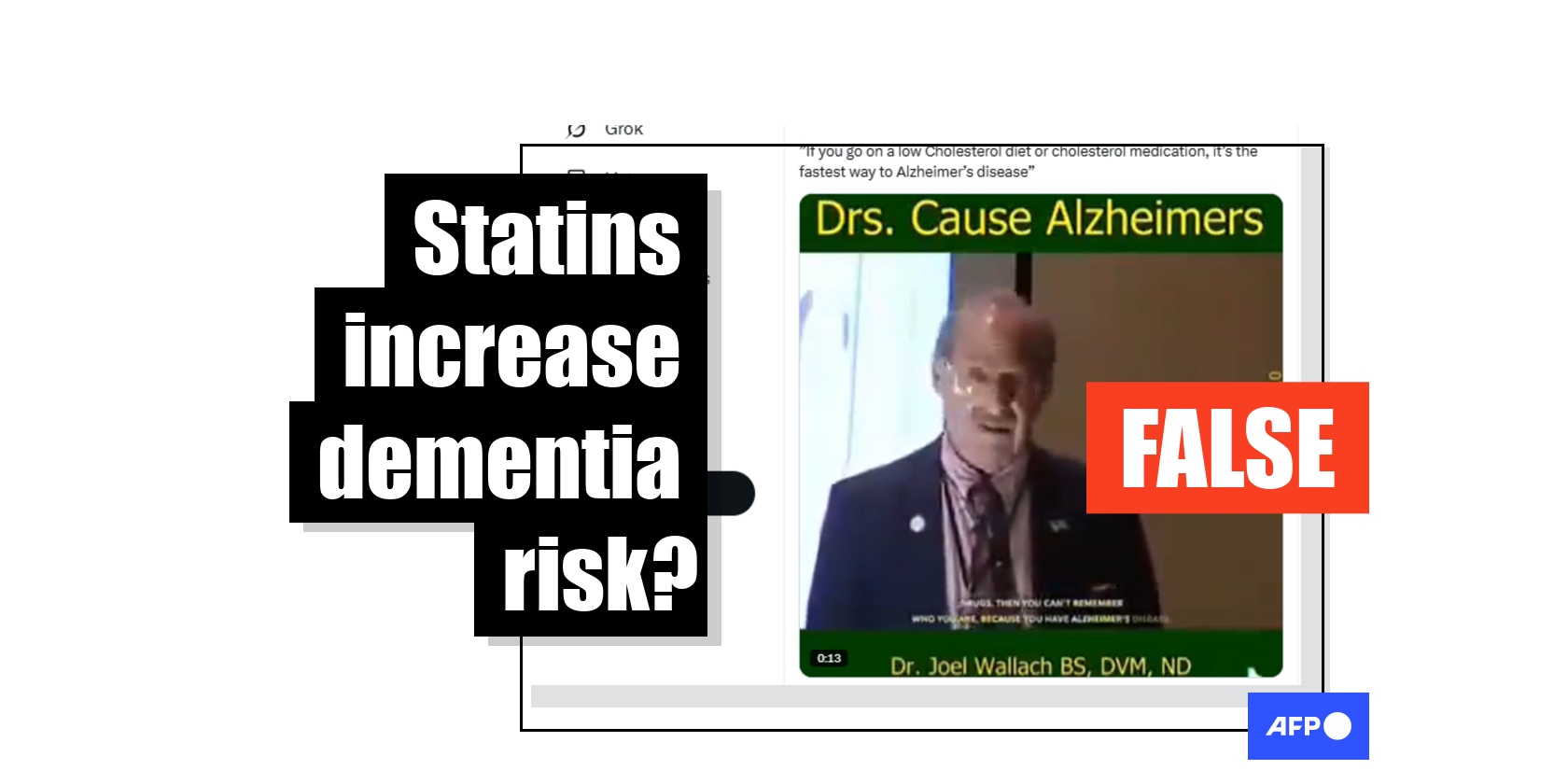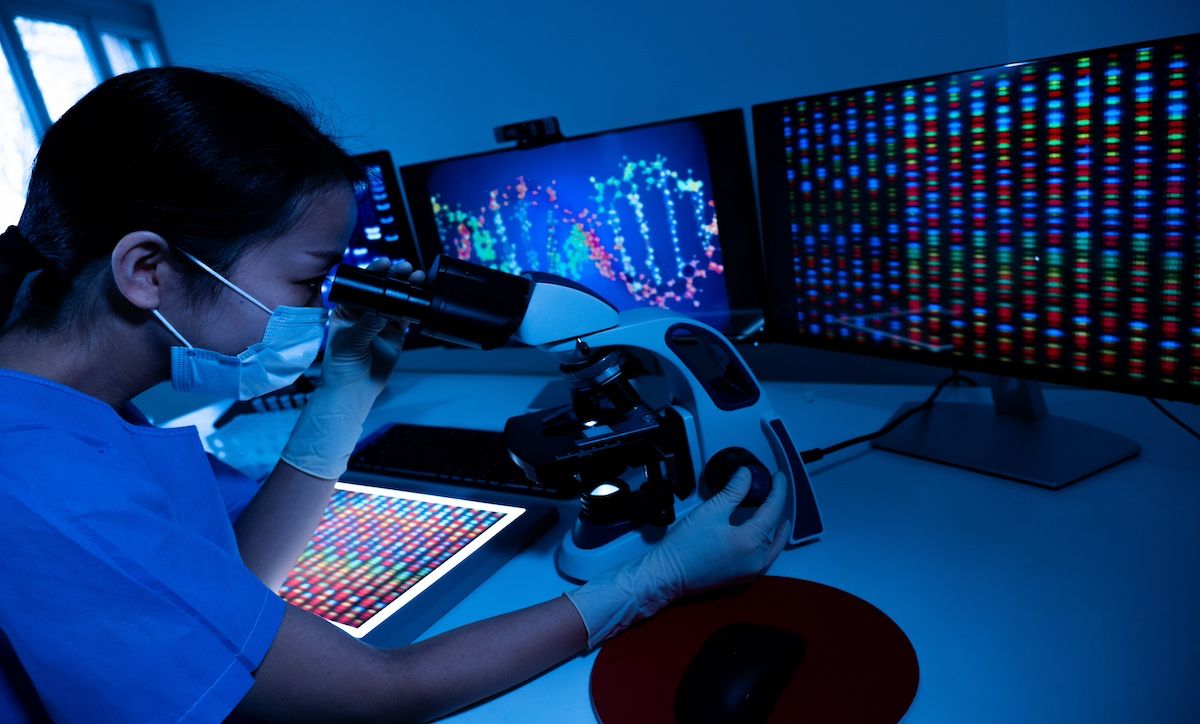Gloucester: Atkinson; Loader, Joseph, Llewellyn, Thorley; Byrne, Englefield; Knight, Blake, Fasogbon, Thomas, Alemanno, Basham, Venter, Bokenham.
Replacements: Innard, McArthur, Gotovtsev, Jordan, Mann, Taylor, Austin, Edwards-Giraud.
Bristol:…

Gloucester: Atkinson; Loader, Joseph, Llewellyn, Thorley; Byrne, Englefield; Knight, Blake, Fasogbon, Thomas, Alemanno, Basham, Venter, Bokenham.
Replacements: Innard, McArthur, Gotovtsev, Jordan, Mann, Taylor, Austin, Edwards-Giraud.
Bristol:…

Winter brings chilly winds and dry air, which can leave skin feeling rough and dehydrated. It is also the season when our immunity is often tested due to colds and flu. One natural solution that has stood the test of time is coconut oil. Widely…

“What is Alzheimer’s disease? Well it’s the disappearing of your brain’s insulation, the Myelin!!” says a September 27, 2025 Facebook post. “What is Myelin made out off? It’s made from CHOLESTEROL!!!”
An identical post on X concludes: “If you go…

Women of childbearing age who have elevated lipids may be at greater risk of cardiovascular issues after pregnancy than…

Khawaja Asif warns Pakistan won’t tolerate terror from Afghan soil, says perpetrators will pay a heavy price
US President Donald Trump and US Vice President JD Vance meet with Ukraine’s President Volodymyr Zelenskiy (not pictured) over lunch in…

Using bioinformatics, researchers identified region-specific biomarkers—FGFR4, FLT1, and WNT5A—that drive distinct tumor behaviors and may serve as diagnostic and therapeutic targets.1 Additionally, the researchers identified 2 promising drugs, dovitinib and nintedanib, which could enhance precision treatment strategies for patients with
The findings from this analysis are published in
“By integrating bulk-RNA-[sequencing] data with secretome data, we developed an approach that enabled us to infer the process of cellular interaction in CRC through the construction of an interactome,” wrote the researchers of the study. “This analysis revealed the presence of distinct molecular markers depending on the tumor’s site of origin.”
Comprehensive genomic profiling (CGP) is increasingly shaping precision medicine in CRC by revealing how specific genetic alterations influence prognosis and treatment decisions.2 Using next-generation sequencing, CGP can analyze hundreds of cancer-related genes and key biomarkers in a single test, helping guide therapy selection, identify actionable mutations, and support enrollment in clinical trials. Although a recent study showed that CGP-guided therapies have not yet yielded significant survival advantage, mutations in TP53 and SMAD4 were linked to poorer outcomes, and PTEN alterations were associated with improved survival. These insights highlight the growing role of CGP in informing personalized CRC care and identifying potential targets for future drug development.
In this study, researchers analyzed gene expression data from the TCGA-COAD database, focusing on tumor location and purity to uncover molecular differences in CRC.1 Using RNA-seq data, they identified region-specific ligands and receptors based on a reference secretome list, revealing key signaling pathways within the tumor microenvironment. The researchers then built an interactome to visualize these cell-to-cell interactions and pinpoint the most influential genes. Finally, survival analysis and drug susceptibility assessments were performed to evaluate the prognostic potential of these genes and identify candidate drugs for targeted CRC therapy.
Distinct molecular signatures were revealed between right- and left-sided CRCs, highlighting how tumor location influences biological behavior. Through integration of secretome data and interactome analysis, FGFR4, FLT1, and WNT5A emerged as key biomarkers linked to carcinogenesis, fibroblast recruitment, and cell division. These genes demonstrated strong diagnostic and prognostic potential, underscoring their role in tumor progression and treatment response. Importantly, drug analysis identified dovitinib and nintedanib as promising targeted therapies, as both agents interact with multiple biomarkers, offering new opportunities for personalized CRC treatment.
Overall, the researchers believe the study advances understanding of CRC by uncovering region-specific biomarkers that influence tumor behavior and therapeutic response. The identification of FGFR4, FLT1, and WNT5A as key molecular drivers provides a foundation for developing more precise diagnostic tools and personalized treatments. Moreover, the prediction of dovitinib and nintedanib as potential targeted therapies highlights opportunities to enhance treatment efficacy and overcome drug resistance. Together, these findings offer valuable insights into the tumor microenvironment and lay the groundwork for future experimental validation and clinical translation in CRC care.
“Nonetheless, the conclusions are constrained by the absence of experimental validation,” acknowledged the researchers. “Future investigations should incorporate comprehensive in vitro and in vivo studies to substantiate the diagnostic and therapeutic efficacy of these candidate genes and drugs. Such validation is essential to elucidate their mechanistic roles and to advance their clinical application in CRC management.”
References
1. Caxali GH, Aal MCE, Osvaldo CWG, et al. Integrating the secretome and interactome to identify novel biomarkers and therapeutic targets in colorectal cancer. Cell Commun Signal. 2025;23(1):428. doi:10.1186/s12964-025-02424-4
2. Steinzor P. Genomic profiling in colorectal cancer reveals prognostic markers. AJMC®. September 11, 2025. Accessed October 17, 2025.

Newcastle Red Bulls: Chamberlain; Spencer, Hearle, Clarke, Williams; Connon, Benitez Cruz; Brocklebank, McGuigan, Palframan, Hodgson, Clarke, Lee-Warner, Gordon, Mafi.
Replacements: Fletcher, McCallum, De Bruin, Usher, Lockwood, Elliott,…

The limited-edition Conner Ives x Jimmy Choo capsule may have debuted at Ives’s Autumn/Winter 2025 show during London Fashion Week, but the celebrations carried on stateside. On Thursday night, the designer gathered friends and muses for an…

BMC Medicine is calling for submissions to our new Collection, Advancing research and management of menopause, focusing on new perspectives and care practices that support individuals during this significant life…